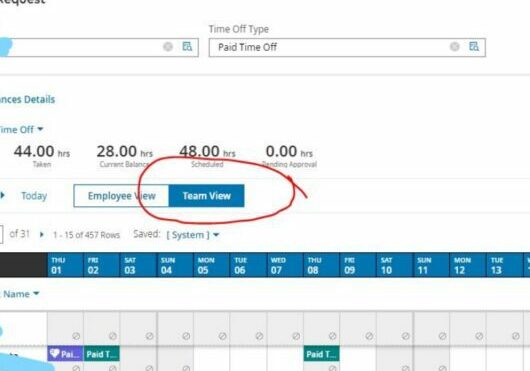HR Q & A – Do We Have To Do Background Checks On ReHires?
by Paul Devlin

Background checks are an essential aspect of the hiring process, providing valuable insights into a candidate’s history that can help employers make more informed decisions. They are especially important because they ensure the safety and integrity of the workplace, verify the accuracy of a candidate’s resume, and help mitigate potential legal liability for negligent hiring.
Rehire Policies
When determining rehire policies, employers should consider factors such as:
- Performance during Previous Employment: If the employee was a high performer, rehiring them could be beneficial as they are already familiar with the company culture and processes.
- Reason for Leaving: If the employee left on good terms or for reasons beyond their control (such as downsizing), rehiring them may be a good option. However, if they were terminated due to poor performance or misconduct, it might not be advisable to rehire them.
- Length of Time Since Last Employment: If a significant amount of time has passed since the employee last worked for the company, it might be necessary to treat them like a new hire and conduct a thorough background check.
Legal Implications
From a legal perspective, rehires should be treated similarly to new hires. This means conducting background checks even for rehires to avoid potential legal ramifications. For instance, if a rehired employee commits an act of workplace violence and the employer did not conduct a background check upon rehiring, the employer could potentially be held liable for negligent hiring or retention.
Case Studies
A leading tech company, for example, has a policy of treating rehires as new hires, with the same thorough background checks and interview process. This ensures that they have up-to-date information on the candidate and helps maintain a safe and secure workplace. In contrast, a mid-sized retail company treats rehires differently based on the length of time since they last worked for the company. If it’s less than a year, they forego the background check, but if it’s more than a year, they conduct a new background check.
Risks and Benefits
The primary benefit of conducting background checks for all hires, including rehires, is ensuring a safe and secure workplace. It also helps maintain the company’s reputation and reduce the risk of negligent hiring claims. However, there are potential risks as well. For instance, background checks can be costly and time-consuming. Additionally, there may be legal restrictions on the use of certain types of information obtained through background checks.
While each company’s approach may vary, it’s generally advisable to conduct background checks on all hires, including rehires, to maintain a safe work environment, protect the company’s reputation, and mitigate legal risks.
This article does not constitute legal advice. For more information please reference related articles in your APlus HR resource center or ask your friendly APlus CSS about our On-demand HR live advice line where, for a small fee, you can be connected to a certified HR advisor.



